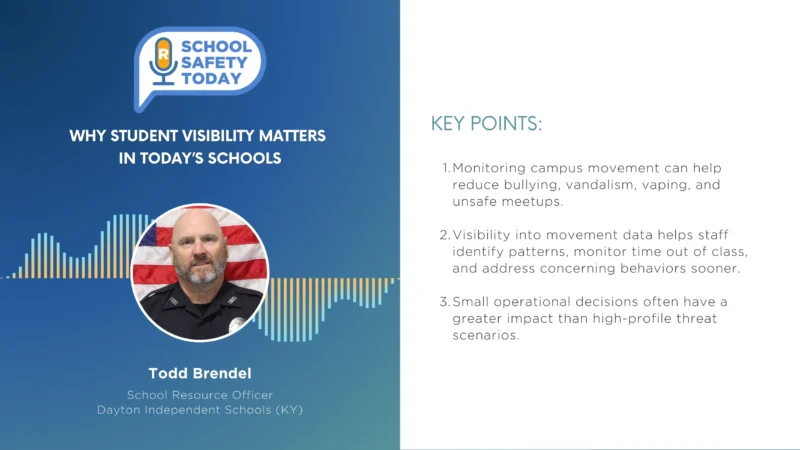65% of Employees w/ Remote Learning Children Burnt Out
With the vast majority of schools across the U.S. continuing to offer distance learning as their only student instructional model during the COVID-19 pandemic, working parents are feeling the pain. A new national poll of the U.S. workforce indicates that 65 percent of employees with children in remote learning situations are feeling burnout.
Even for workers without remote learning children, the burnout levels also are high – at 52 percent. Among workers who are burnt out, many attribute the stress to the COVID-19 pandemic – 42 percent for workers with remote learning situations and 28 percent for those without children in remote learning.
“These findings shouldn’t be surprising to employers. Families and workers were burnt out even before the pandemic,” said Melissa Jezior, president and chief executive officer of Eagle Hill Consulting. “This isn’t an easy situation for employers to resolve, with work life balance taking on a whole new meaning during this health crisis.”
“Employees are bouncing back and forth between their work computer to their child’s device, struggling to do two jobs at once. The only solution for employers is to work hand-in-hand with employees to meet their individual needs. That may mean adjusting work hours, workloads, or job expectations. And to get there, that means engaging in a continual, open dialogue with each and every employee. Our research makes clear that employers have got to find way to make the situation manageable for employees because the pandemic isn’t going away anytime soon. Otherwise, companies will suffer financially and risk harming their brand,” Jezior said.
When asked about the causes of burnout, parents with children in remote learning situations reported the following:
- 45 percent attribute burnout to their workload.
- 42 percent say it’s balancing work and their personal life.
- 33 percent indicate it stems from a lack of communication, feedback and support.
- 32 percent point to time pressures.
- 28 percent say it’s a lack of clarity around expectations.
- One quarter (25 percent) say it’s performance expectations.
These findings are contained in the 2020 Eagle Hill Consulting COVID-19 Employee Burnout Survey conducted online by Ipsos from September 13-17, 2020. The survey included more than 1000 respondents from a random sample of employees across the United States. The survey polled respondents on COVID-19 and its potential impact on their work experience and environment.








